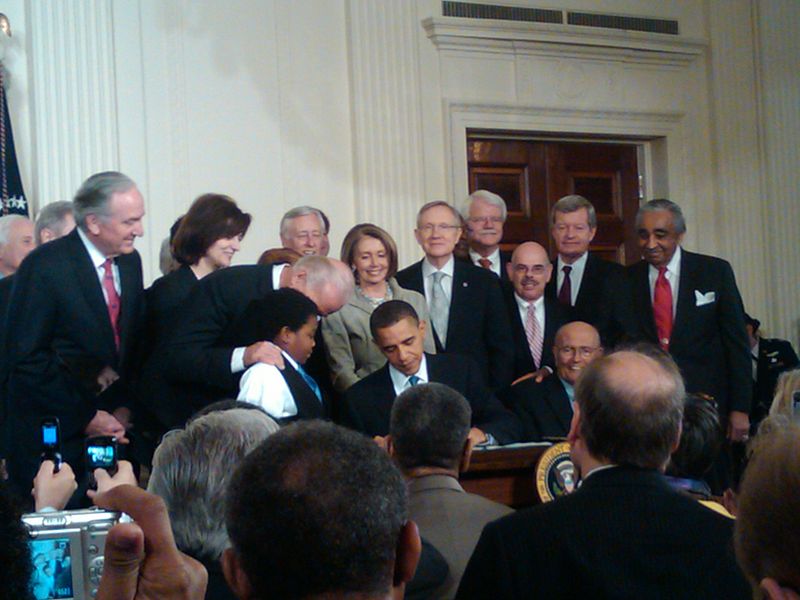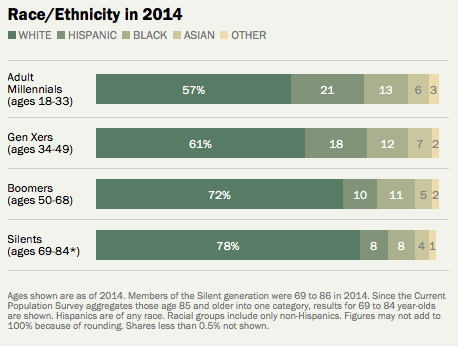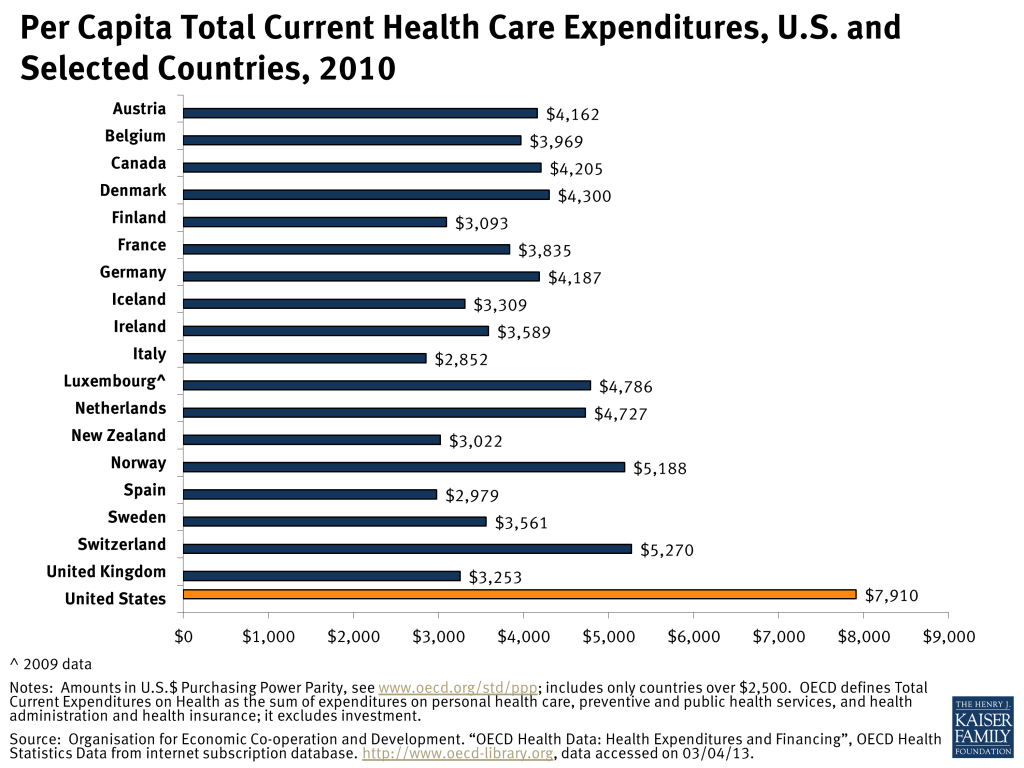
A USA Today/Rock the Vote poll reminds us that the phrase “young Republican” is an oxymoron:
In the new survey, half of those under 35 say they identify with or lean toward the Democrats; just 20% identify with or lean toward the Republicans.
Greg Sargent points out that you can’t blame this entirely on Donald Trump (though Republicans probably will for decades to come):
The Republican Party’s failure to evolve on gay rights, immigration, and other issues was already alienating young people, as even the RNC’s own autopsy into what went wrong in 2012 conceded.
Sargent notes that Democrats have actively targeted Trump’s “chauvinism, his vow of mass deportations, and his own particularly buffoonish brand of climate denialism (he has called climate change a hoax invented by the Chinese).”
But the chart below from PEW points out why so-called millennials were not exactly prone to join the GOP — which was around 90 percent white before they went full Trump — anyway:

There are already more potential millennial voters than Baby Boomers, but you know that young people are far less likely to show up at the polls.
Everyone gets older, hopefully, and more likely to vote. And even more than Reince, the Kochs and anyone who cares about the GOP, the health insurance industry should be paying careful attention to the rise of this increasingly liberal generation, which was reared in an era where universal health care is no longer some vague promise.
Like the the GOP, the health care industry seems to be only thinking about its immediate grudges without factoring in how radically the electorate is transforming.
You’ve probably heard that Aetna is the latest large insurer who is pulling back in a big way from the Obamcare exchanges.
The company has benefited extraordinarily from the health care boom that followed the passage of the Affordable Care Act.
Aetna’s market cap, from the day Obamacare was signed thru today. pic.twitter.com/3pTRyvUy0d
— Dan Diamond (@ddiamond) August 16, 2016
But Aetna is now is saying that its loses are too high, which may or may not be a negotiating tactic regarding its proposed merger with fellow health care giant Humana.
More than 20 million Americans have gained coverage from Obamacare, which has helped to cut our long-term debt expectations by trillions. But this lack of competition in specific marketplaces is bad news for consumers and one of the huge reasons that liberals have always backed a public option.
Some point out that no one has ever been able to get the math to work right on a public option, but it certainly couldn’t be worse than our current health care math versus the rest of the world.

Getting a hold of our health insurance costs while expanding coverage to 100 percent of the population isn’t just a question of decency, it’s a question of survival.
Every advanced nation on earth insures all its citizens for far less than we pay per capita. And if the if the health care industry is trying to sabotage these modest reforms, this isn’t going to work out well for them.
Let’s game out a few scenarios:
- Trump somehow wins and Speaker Ryan moves to repeal Obamacare almost immediately. (They probably move to end traditional Medicare as well.) An estimated 18 million Americans lose their coverage. The devastation wrought to families would multiply the carnage the president’s party usually faces in midterm elections. Democrats head into the 2020 election recognizing that the only way to actually expand coverage and win the young liberal vote they need is to move toward a single-payer system that all but eliminates the profit motive in health care.
- Hillary Clinton wins and is faced with an activated liberal base that demands major health care reforms in order to avoid a primary challenge. A Republican House would likely prevent any of these reforms from happening forcing health care to be the defining issue of 2020. Clinton either wins re-election on platform of radically reforming the health care system or see option 1 for what happens in 2024.
Know this: Obamacare was only the beginning.
A poll found that 60 percent of millennials support the details of the proposed ColoradoCare single-payer initiative.
And if the health insurance industry wants to play chicken with the government, it may win in the short-term, but it’s tying its long-term prospects to the GOP.
Right now, that looks a lot like tying two anchors together and calling it a life raft.



